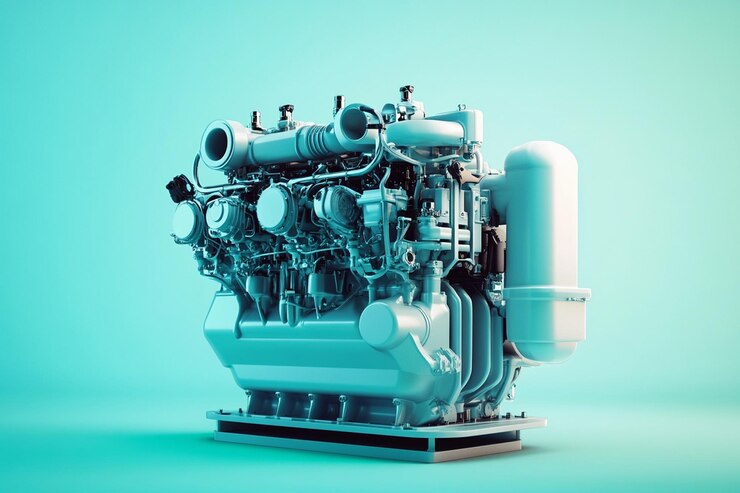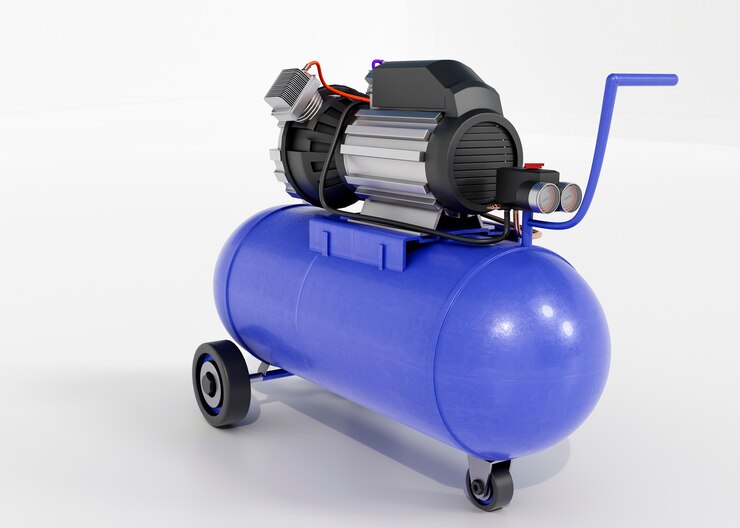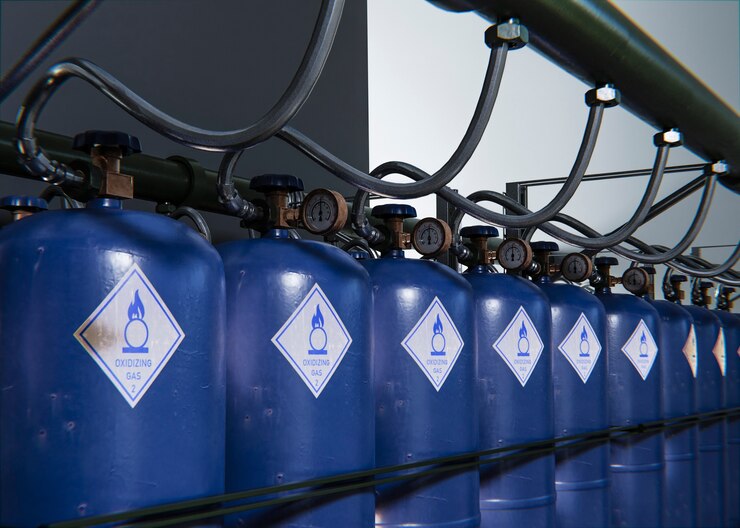Boost Your Industrial Efficiency with a Hydrolic Gas Compressor
Unlocking the Power of Hydrolic Gas Compressors:
In cases where there is handling or compression of gases in industries, there is no better equipment than the hydrolic gas compressor. These are essential equipment in many operations as they provide high-pressure performance, are compact, and are energy efficient. Still, no matter if you are working within the oil and gas, or chemical industry, or if you are a producer and a researcher, knowing how these compressors work, and why they are crucial might be a game changer.
What are the Key Features of a Hydrolic Gas Compressor?
Maintenance Monitoring and Predictive Maintenance: Some of the compressors supplied with hydrogen also have sensors and monitoring systems which analyse the condition of components. This data is then applied in the development of preventive measures so that possible problems are identified and rectified before affecting the production process.
Hydrogen Recirculation Systems: Some of the compressors used in hydrogen systems may thus use recirculation systems for the gas to enhance the flow of the gas and therefore the energy used. Second, these systems contribute to improving the system efficiency since the compressed hydrogen is partly recycled in the compression step.
Corrosion Resistance: This is because most of the hydrogen compressor components are built using materials that are resistant to corrosion mainly because hydrogen although a very useful substance is slightly corrosive when in gaseous form.
Fail-Safe Mechanisms: The reliability of a system can only be achieved if the system has fail-safe provisions so that it does not fail catastrophically. There are safety features and fail-safe measures in the design of hydrogen compressors which either shut down or start taking correction where it detects some abnormality.
Hydrogen Quality Certification: Accumulators may have hydrogen quality certification for circumstances where hydrogen has to be very pure and has to go through a test to determine the quality of the compressed gas. These certifications are useful for Electronic manufacturing and Fuel cell developing industries for assurance.
What Must be Understood About the Functioning of a Hydrolic Gas Compressor?
Hydrolic gas compressor working mechanism depends on the concept of hydraulic intensification. The process begins with the hydraulic power unit abbreviated as HPU, which creates high-pressure hydraulic fluids. Hydraulic fluid is then pumped into a hydraulic intensifier or pressure booster where it is changed from hydraulic energy to mechanical force. This force is applied on the piston, diaphragm, or membrane that squeezes the gas into its compressor chamber. Compressed gas is then released at a higher pressure and is prepared for its utilization in different operations including the testing and analysis of the compressed gas.
Types of Hydrolic Gas Compressors:
• Piston-Type hydrolic gas compressor: It employs a piston mechanism to compress the gases and yields high-pressure results.
• Membrane-Type hydrolic gas compressor: Employed for adjusting gas pressure and it is suitable when handling delicate procedures.
• Diaphragm-Type hydrolic gas compressor: Uses a diaphragm to separate the gas from the hydraulic fluid so that they don’t mix.
The Advantages of Using Hydrolic Gas Compressor:
Switching to a hydrolic gas compressor comes with several benefits that can enhance your operations:
• Efficiency and Energy Savings: Some of the most efficient types of compressors are the hydraulic compressors. Thanks to hydraulic fluid which supplies pressure in these compressors, they can deliver high force at a relatively low power level hence reducing cost.
• Low Maintenance and High Durability: These compressors are also known to be very sturdy and can thus be used for many years. Unlike conventional compressors, they have fewer parts which makes them less susceptible to tear and therefore more reliable in the long run.
• Enhanced Safety: Hydraulic operation of these machines reduces mechanical failures and therefore these machines can be used on high-pressure applications than the other forms of operation of these compressors.

What to Look for?
When choosing a Compressor, it’s essential to consider the technical specifications that will meet your needs:
• Pressure Rating:
Make sure the rating of the compressor achieves the requisite pressure for the system application. This is particularly useful in activities such as the filling of the gas cylinder or gas injection.
• Flow Rate:
The flow rate, normally expressed in terms of the rate of delivery, expressed in cubic feet per minute (CFM), describes the degrees of ease with which a compressor can provide the amount of gas needed in a cylinder or how fast it can maintain pressure in a system.
• Power Requirements:
Finally, it is also necessary to verify the input power, to harmonize with your existing power supply. Hydraulic gas compressors can be run on electricity diesel or pneumatic type of power also.
• Size and Weight:
Take into account the size and the weight of the compressor where a small size would be desirable where space is an issue or where the unit has to be relocatable.
For more special about the recent models and specifications please visit our Product Page.
How to Buy the Right Equipment for Your Needs?
Selecting the right Hydraulic Gas Compressor involves assessing your specific needs and matching them with the compressor’s capabilities:
• Determine Your Pressure Requirements: With much focus on the operating parameters, think of the maximum pressure of your application. Challenging operations that may involve gas injection or cylinder filling, will require a device with a high pressure capacity.
• Evaluate Your Flow Rate Needs: The flow rate will dictate just how fast the compressor will be able to do the job. Special emphasis should be made on the fact that for high-demand applications a compressor with a higher CFM is preferable.
• Consider Space Constraints: In case the space to install the compressor is a constraint, go for a small-sized one which can fit into your existing system.
• Assess Power Source Compatibility: Make sure that the compressor being used is powered by electricity, diesel or air because some of the compressors use these different power sources.
• Budget Considerations: Additionally hydraulic gas compressors might be expensive compared to some other types of compressors but they are more effective and last longer.
For expert guidance and the latest models, check out our detailed Buying Guide.
Conclusion:
As industries continue to demand higher efficiency, reliability, and performance, these Compressors are set to play an increasingly vital role. Our ability to handle high-pressure applications with energy efficiency, coupled with their compact design and low maintenance, makes them an ideal choice for various industrial processes. Whether you’re in the oil and gas industry, chemical processing, or manufacturing, investing in a Hydrolic Gas Compressor can provide the power and reliability you need to stay ahead in your field. Explore our full range of these compressors and discover how they can elevate your operations.
For more insights, detailed specifications, and expert advice, visit our website at LEiYAO



